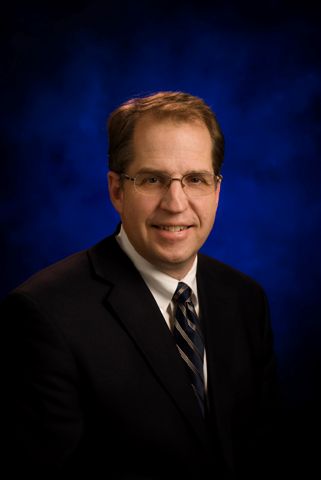 [1]
[1]NEW YORK (BP) — If you want to understand how New York City churches won a last-ditch lawsuit in February after losing multiple rounds just months earlier, pull out a copy of the U.S. Constitution’s First Amendment.
There, it says, “Congress shall make no law respecting an establishment of religion, or prohibiting the free exercise thereof; or abridging the freedom of speech …”
Each clause is essential to understanding the case.
 Last year, in a case dating back to 2001, the Second Circuit Court of Appeals ruled that a New York City law preventing churches from worshiping in public schools was constitutional under the Establishment Clause and the Free Speech Clause — the first and third clauses in the First Amendment.
Last year, in a case dating back to 2001, the Second Circuit Court of Appeals ruled that a New York City law preventing churches from worshiping in public schools was constitutional under the Establishment Clause and the Free Speech Clause — the first and third clauses in the First Amendment.
That court, though, did not base its ruling on the Free Exercise Clause — the second clause in the First Amendment. That clause is at the heart of the latest legal round.
U.S. District Judge Loretta Preska ruled Feb. 24 that New York City churches could meet in schools while the new lawsuit based on the Free Exercise Clause proceeds, and the Second Circuit upheld her ruling Feb. 29. The latest suit also makes a claim based on the Establishment Clause.
“A law is not neutral if its object is to infringe upon or restrict practices because of their religious motivation,” Preska ruled.
All of this means that churches — which thought they had reached the end of the legal road when the Supreme Court refused to get involved — have new legal life. Under the city’s policy, churches cannot meet in schools but other organizations can.
Baptist Press asked Alliance Defend Fund attorney Jordan Lorence to give more details about the lawsuit, the history of the case and the case’s future. Following is a transcript:
BAPTIST PRESS: How is this lawsuit different from the previous suit in which the Supreme Court declined involvement?
JORDAN LORENCE: Basically, it’s an extension of the same lawsuit. We brought three legal claims [initially]: free speech, free exercise of religion, and establishment clause. We said the policy violated all three. But all throughout the litigation, the court only dealt [primarily] with the freedom of speech claim. So we went back and asked ourselves: Do we have the opportunity to go back and ask the court to rule on the other two claims? We determined we did, and we renewed our motion, and we have had this success. So now, we won on the grounds that the policy violates the free exercise of religion clause and it violates the establishment clause because the government is defining what is and is not religion. That’s excessive entanglement of state and church.
BP: So the free exercise claim was made in the previous lawsuit?
LORENCE: And nothing happened with it. Yes. We made it in our original complaint in 2001.
BP: And what did the court do with that claim?
LORENCE: We kept raising it and nobody ever talked about it. And then [this year] we found out we could bring it back.
BP: Were you surprised that the court this year sided with you after all those years the court ruled against you?
LORENCE: We weren’t sure how it was going to be received, but we felt the claim was viable — there was an intelligent argument. But I think the judge definitely could have said, “This case is over and I don’t want to deal with it anymore.” But instead she agreed with us, in a very powerful and strong way.
BP: With this situation in limbo, many churches are finding permanent alternate sites. Do you fear that the city is winning even though they may be losing right now in court?
LORENCE: I think that some of these church sites are temporary. I know of churches that are going to be moving back to public schools. The fact that now we have space in schools through the summer is going to bring some of them back. Many of these churches are meeting in places that are less than ideal, and they would move back if they had the opportunity to do so. We want this to be a settled issue like it is in every other major school district in the country — a religious group renting a public school and it is routine and non-controversial.
BP: Will the same Second Circuit panel that ruled against you last year be the one that rules on a future appeal?
LORENCE: Yes. That’s a little challenging. But we believe that our free exercise arguments can prevail.
–30–
Michael Foust is associate editor of Baptist Press. Get Baptist Press headlines and breaking news on Twitter (@BaptistPress), Facebook (Facebook.com/BaptistPress) and in your email (baptistpress.com/SubscribeBP.asp).
